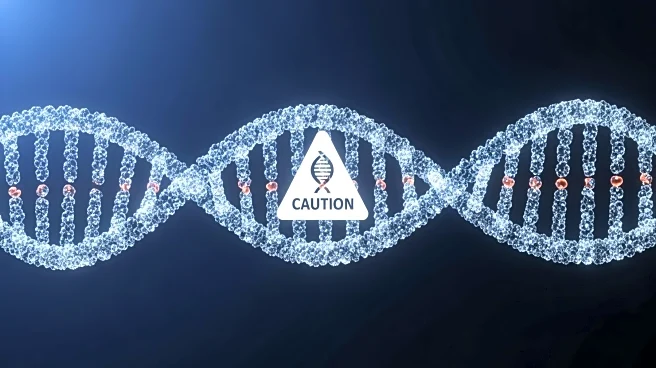What's Happening?
UniQure has announced positive three-year data from its gene therapy for Huntington's disease, showing a 75% slowing of clinical progression. The therapy, AMT-130, has maintained an 80% benefit at three years, exceeding expectations and generating hope
among patients and families. However, experts caution against unrealistic expectations, noting the complexity of the disease and the challenges faced by previous drug candidates.
Why It's Important?
The promising results from UniQure's gene therapy offer hope for patients with Huntington's disease, a devastating genetic condition. If successful, AMT-130 could become the first genetic treatment for the disease, potentially improving quality of life for affected individuals. However, the cautious approach advised by experts highlights the need for thorough clinical validation and careful communication to avoid false expectations.
What's Next?
UniQure plans to submit a biologics license to the FDA in early 2026, with an anticipated launch later in the year. The company is conducting further analysis to determine the long-term impact of the therapy. The broader implications for Huntington's research may encourage participation in clinical trials and foster collaboration among drug developers.
Beyond the Headlines
The ethical considerations of communicating trial results emphasize the importance of transparency and patient education. The potential for gene therapy to transform treatment paradigms highlights the need for continued research and innovation in genetic medicine.

















